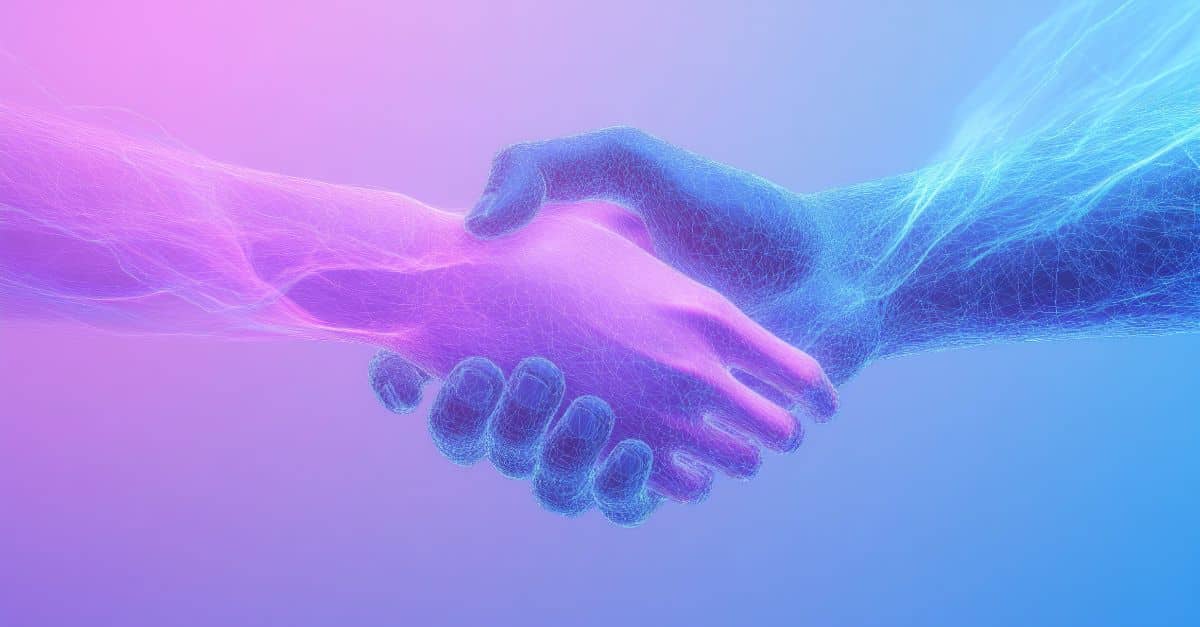Your talent intelligence library
Eightfold AI talent research
Peruse our research and analysis
Explore now ›
The New Talent Code podcast
Listen to practitioners and industry leaders
Explore now ›
Eightfold Talent Table
Discover insights from industry experts and thought leaders
Explore now ›
Eightfold AI talent blog
Get the latest talent news and insights
Explore now ›
{{ option.name }}
{{ option.name }}
{{ option.name }}
{{ key }}









